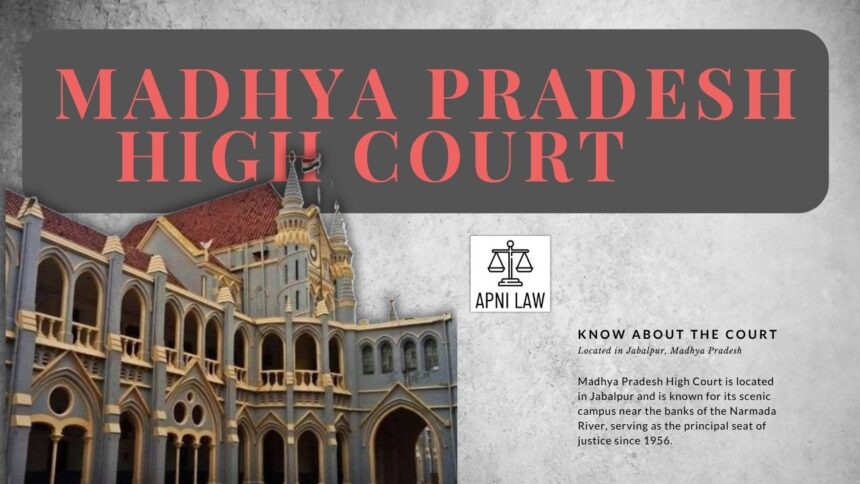Introduction
The Madhya Pradesh High Court recently ruled that an estranged husband can claim compensation for loss of consortium after his wife died in a road accident. The Court held that the right to consortium comes from the legal relationship of marriage, not from whether spouses live together. The judgment reinforces the broad interpretation of consortium under the Motor Vehicles Act. It also ensures that emotionally or physically separated spouses are not denied legal entitlements when the marriage still exists. The decision strengthens the understanding that compensation flows from legal status and not personal living arrangements.
Facts of the Case
The case involved a married couple who were living separately at the time of the accident. The wife worked as an Anganwadi worker. She died after she fell from a bus driven negligently. After her death, the husband filed a compensation claim before the Motor Accident Claims Tribunal. He stated that he remained her legally wedded husband and continued to have an emotional bond with her. The Tribunal rejected his claim. It said that because the couple lived apart and he had not produced more evidence about their relationship, he could not receive consortium compensation. The husband then appealed before the High Court.
What the Court Says
The Madhya Pradesh High Court reversed the Tribunal’s decision. The Court relied on the Supreme Court’s ruling in United India Insurance Co. Ltd. v. Satinder Kaur. It noted that consortium refers to companionship, affection and comfort in a marital relationship. The Court stressed that consortium arises from the legal bond of marriage. The Court said that physical separation does not end this entitlement unless the marriage is formally dissolved. The bench held that the husband remained the lawful spouse and therefore had a valid claim. The Court awarded him ₹40,000 for loss of consortium. It stated that legal marriage alone is enough to claim this compensation under the Motor Vehicles Act.
For any specific query call at +91 – 8569843472
Implications
The ruling clarifies that estranged spouses are not barred from consortium claims. It places emphasis on legal marital status rather than the couple’s living situation. The judgment ensures that compensation laws remain sensitive to real-life family dynamics. It may guide tribunals to avoid denying compensation merely because spouses live apart. It also signals to insurers that marital separation without divorce does not break the right to consortium. Lawyers handling motor accident cases can now rely on this precedent to argue for consortium even in non-traditional family situations. The decision strengthens the understanding that compensation aims to address emotional loss linked to a legal relationship, not daily cohabitation.








